Register for free and continue reading
Join our growing army of changemakers and get unlimited access to our premium content
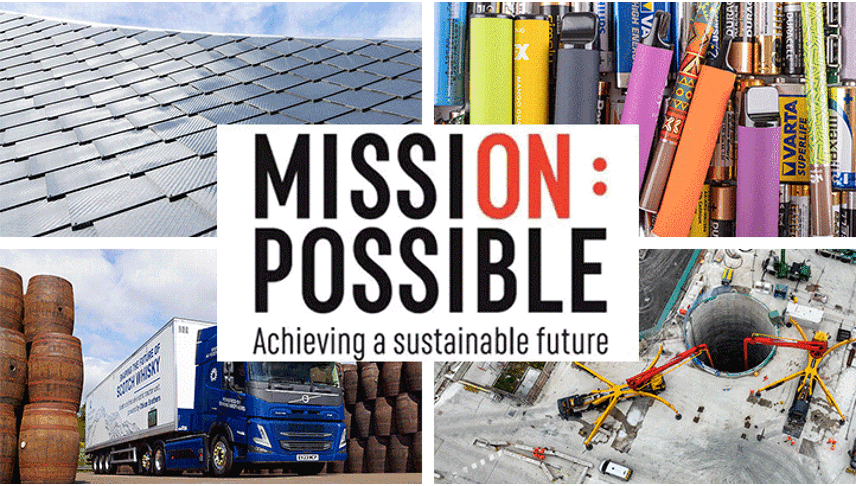
Published every week, this series charts how businesses and sustainability professionals are working to achieve their ‘Mission Possible’ across the campaign’s five key pillars – energy, resources, infrastructure, mobility and business leadership.
Across the UK and across the world, leading businesses, cities, states and regions are turning environmental ambitions into action. Here, we round up five positive sustainability stories from this week.
ENERGY: Google plans community solar for 80 North American communities
This story technically broke in late April, but we couldn’t resist including it.
Google has partnered with one of America’s largest renewable energy developers, EDPR, to build a 500MW solar portfolio that will span 80 communities. At least one-third of these communities will be classed as either low-income or moderate-income, and this target has been set to help these neighborhoods benefit from new jobs and increased tax revenue.
EDPR has pledged to ensure that the projects are not caught in interconnection backlogs, so communities can reap the benefits as soon as possible. All projects will be located across Delaware, Illinois, Indiana, Kentucky, Maryland, Michigan, New Jersey, North Carolina, Ohio, Pennsylvania, Tennessee, Virginia, West Virginia and the District of Columbia.
Google’s energy lead Sana Ouji said: “What we heard through interviews with local community leaders and environmental justice advocates was that the disproportionate impact of high energy burden remains a primary barrier to an equitable energy transition.
“Partnering with EDPR, we aim to reduce energy burden in the communities where we operate, while progressing toward our 24/7 carbon-free energy goal.”
RESOURCES: UK’s biggest vape recycling scheme unveiled
At least 1.3 million disposable vapes are thrown away in the UK every week, equivalent to two every second. Most of these will not be recycled. Many will be littered, risking plastic pollution and leeching from their batteries.
Calls for a ban on these devices is intensifying, given that refillable options hit the market first. In the meantime, vape technology provider FEELM has launched a major UK-wide recycling scheme in partnership with Royal Mail and with waste management firm Waste Experts.
Under the scheme, customers will be able to return their used single-use vapes to either a participating vape shop, or directly via post. This option will be open for those in London, Birmingham and Manchester at the end of May, with a rollout planned for the future. Collected pens will be recycled in full, except for the residual e-liquid, which will be securely disposed of.
For every ten devices deposited, RELX will provide a free vape, to incentivise use.
MOBILITY: Chivas Brothers deploys pure-electric tractor
As a rule of thumb, the larger a vehicle is, and the more specific its use, the harder it is to fully electrify.
It is welcome news, then, that Chivas Brothers has adopted a pure-electric on-road tractor for its operations in producing Scotch whiskey. The truck is a Volvo FM Electric 6×2 tractor and is believed to be the first pure-electric vehicle of its time in Scotland.
The tractor is capable of hauling up to 24 tonnes of product and will drive between 200 and 300 miles every day, with journeys managed by Chivas Brothers’ haulage partner firm McPherson’s. Implementing the tractor will support Chivas Brothers’ aim to halve its carbon footprint by 2030.
Scotland’s secretary for rural affairs, land reform and islands,Mairi Gougeon, said the tractor is a “prime example of the continued progress that our beloved whisky sector is making to achieve net zero emissions in their operations by 2040”. She added that it was an example of the industry’s creativity and innovative spirit.
THE BUILT ENVIRONMENT: National Grid completes world’s largest pour of cement-free concrete
While the average person might not think of concrete as a significant contributor to the climate crisis, it contributes to 8% of annual global emissions – and the sector’s emissions increased year-on-year in 2022.
Replacing concrete is challenging, but innovations are beginning to emerge in this space. National Grid recently completed the world’s largest continuous pour of cement-free concrete at its Hurst substation in South London. A pour of 736,000 litres was completed.
The cement-free solution was developed by Wagners and Capital Concrete. Industrial waste products including fly ash and blast furnace slag are used to replace the cement, resulting in concrete with a 64% lower carbon footprint.
Supporting National Grid with the pour were HMJV, Aecom, Mott MacDonald and WSP. The pour is part of the £1bn London Power Tunnels project. National Grid is notably targeting net-zero carbon construction by the 2025/26 financial year.
National Grid’s project director Onur Aydemir said: : “We are always looking for new ways to innovate and to now be using this carbon saving cement-free alternative to conventional concrete at scale and on site is exciting. This world record-breaking pour also offers the opportunity to evaluate the technology ahead of future possible rollout across our network in England and Wales.”
BUSINESS LEADERSHIP: WUKA and Luker Chocolate certify as B Corps
This week saw B Lab, the verifying body for B Corps, post a strong response to its proposals to make its certification assessment process tougher. It stated that it wants to ensure that 6,500-strong network of certified organisations are making tangible progress towards transformational change.
In tandem, more and more brands have continued to certify this week. Among them are Colombian chocolate supplier Luker and period underwear brand WUKA.
Luker is one of the older companies to achieve B Corp certification; it has been running since 1906. It is also only one of a handful of B Corps based in Colombia. The certification comes three years after the business made new commitments on farmer income, social wellbeing and environmental stewardship.
“We’re excited to continue raising the standards for our industry and aligning people and the planet with profit,” said Luker’s sustainability director Julia Ocampo. “”We’re taking proactive, measurable steps toward meaningful change, and our goals align with our mission to make a difference in the world.”
WUKA scored 111.4 points on the B Impact Assessment, which has a minimum requirement of 80 points, This places it in the top 5% of global scores. WUKA states that its mission is to empower women while reducing some of the 200,000 tonnes of menstrual products sent to landfill in the UK each year.
Chief executive Ruby Raut said: “This certification is more than a logo – it is a recognition of the role WUKA plays in leading a global movement for an inclusive, equitable, and regenerative economy.”

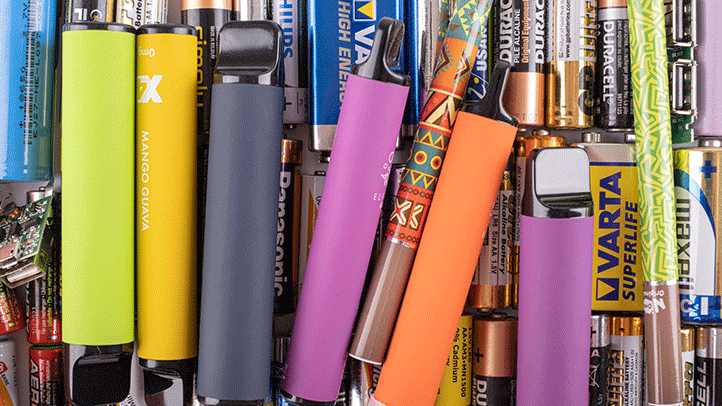
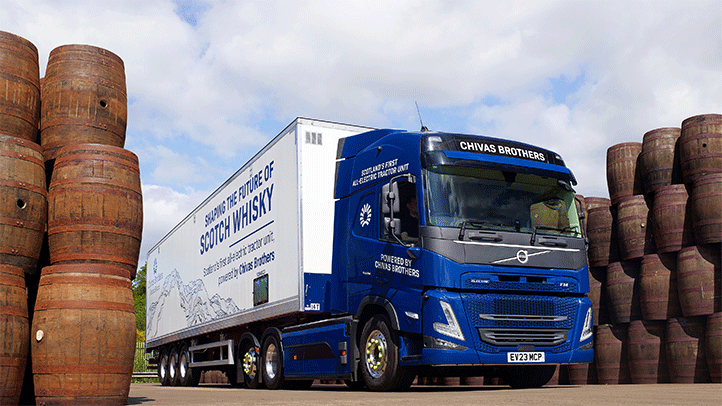
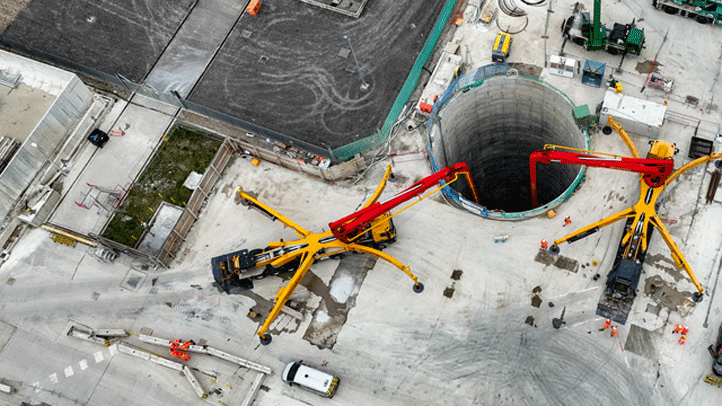
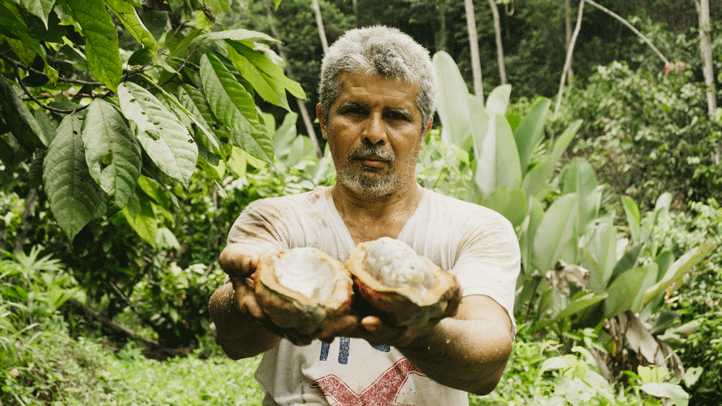


Please login or Register to leave a comment.